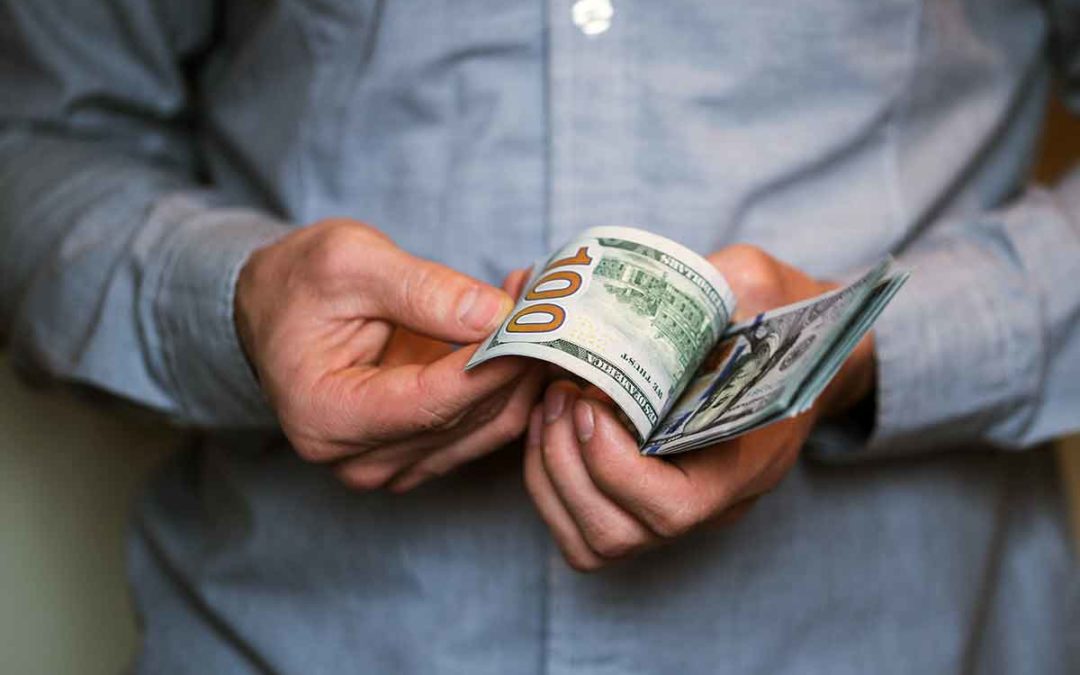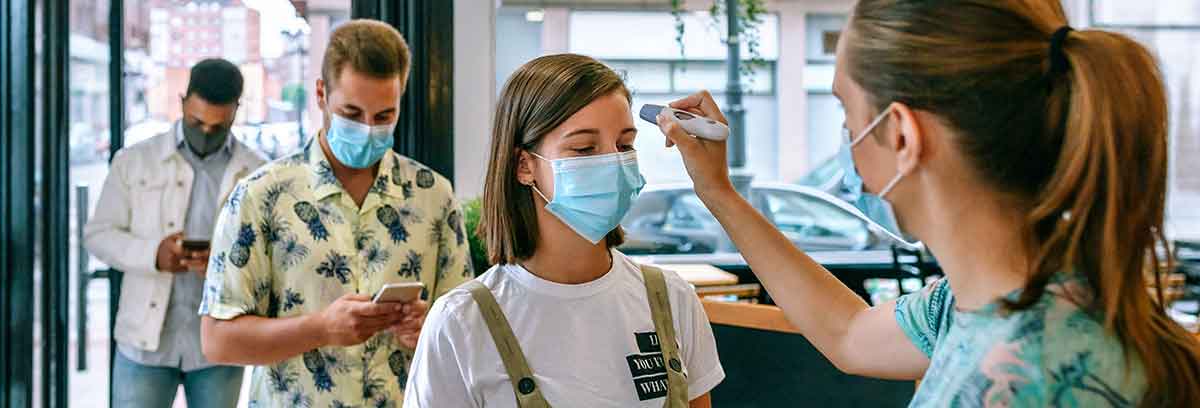New COVID-19 Relief Bill Includes Economic Aid and Many Tax Provisions
On December 21, the House and Senate passed a $2.3 trillion omnibus bill and COVID-19 relief package. President Donald Trump signed the pandemic bill into law on December 27, triggering a second round of much-needed aid for Americans amid the ongoing coronavirus pandemic.
The massive, 5,593-page document includes a $1.4 trillion appropriations package to fund the government through September 30, 2021, a long-debated $900 billion COVID-19 relief and stimulus package, funding for COVID-19 vaccines and testing, expanded food aid programs, emergency education relief, airline, and transportation support, and extensions on eviction moratoriums. It also incorporated several new tax provisions and various measures.
Second Stimulus Check
Like the CARES Act in March, the act includes a direct payment to taxpayers intended to boost the economy. Households will get $600 per adult and $600 a child, down from $1,200 and $500 in the first round in the pandemic. That means a single parent with two children will get $1,800 now after receiving $2,200 in the spring. The payments start phasing out when individual adjusted gross income exceeds $75,000, and the numbers are generally based on your 2019 income.
Tax Relief
Notably, the bill includes many new tax measures and another round of the popular Paycheck Protection Program (PPP). Included in the tax provisions are several items directly related to COVID relief, such as a provision allowing recipients of Paycheck Protection Program (PPP) loans to deduct associated costs. The bill includes a Tax Relief Act and various provisions to provide tax breaks to those suffering medical and economic hardships due to the ongoing pandemic. The act also extends many popular tax breaks for individuals and businesses, including incentives focused on restaurants and the dining industry.
Expenses With PPP Money Are Tax-Deductible
The act includes a clarification of the treatment of business expenses that received PPP loans that were subsequently forgiven. The IRS previously determined that any business expenses paid with the proceeds of a forgiven PPP loan, cannot be deducted. However, The latest COVID relief law states that “no deduction shall be denied or reduced, no tax attribute shall be reduced, and no basis increase shall be denied, by reason of the exclusion from gross income provided by [the loan forgiveness provision that says forgiven PPP loans will not count as income}.”
Simplified Forgiveness Application
The act determined that the PPP borrower will receive forgiveness by simply completing the form and maintaining records to substantiate how funds were spent. Loans up to $150,000 will be forgiven if the borrower submits a certification that provides the minimal required information and agrees to maintain relevant records for a determined number of years.
Meals Expense Deductions for Tax Years 2021 and 2022
The act includes a temporary return of the business deduction for meals. The deduction allows businesses to deduct the full amount of meals, including beverages, provided at a restaurant for the year 2021 and 2022. This provision seeks to help encourage businesses to buy meals to help boost the restaurant industry.
What to do now?
The year-end Covid-relief bill contains various provisions that can provide a significant tax break to individuals and businesses. Of course, tax preparation is one of our services’ cornerstones, and we are always available to help further explain in more specific detail. If you have any questions, please feel free to contact us. We hope you learned something today. If you have any feedback or suggestions, we would love to hear them.


